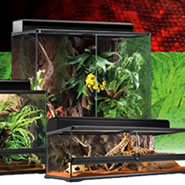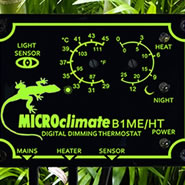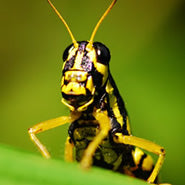Free Delivery
On order over £99*
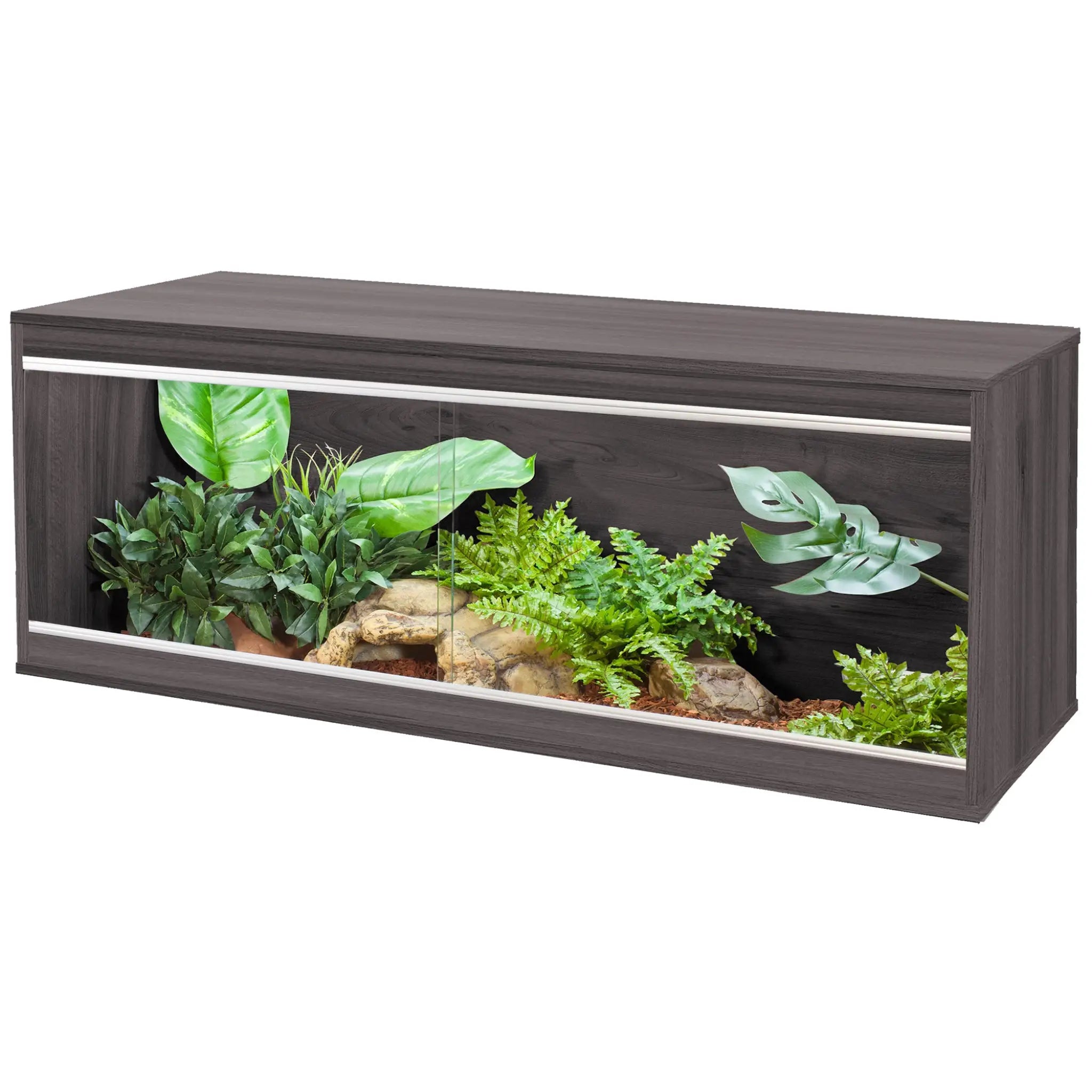


Housing: a glass terrarium of at least 200x200x300mm

Heating: ambient air temperature of 70-75oF

Diet: carnivorous diet of insects

Decoration: damp substrate to raise humidity levels
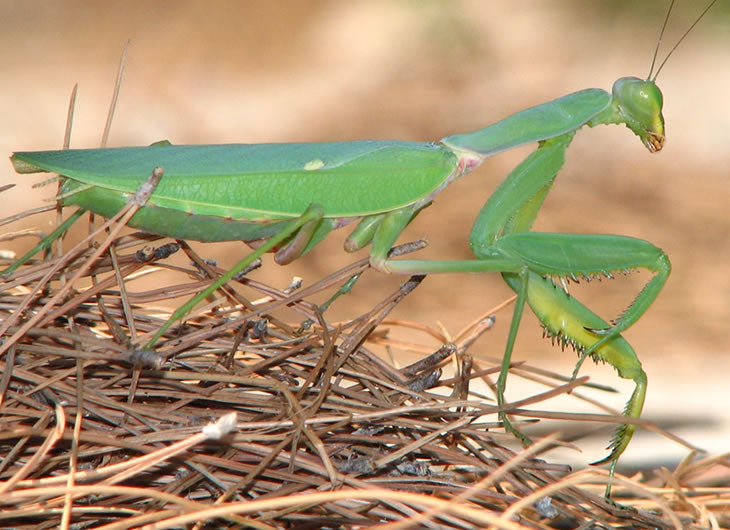
Giant African mantis do well with a glass terrarium as their enclosure. This is because glass is great at allowing heat to escape ensuring that the enclosure stays cool enough. Other enclosures such as wooden vivariums are far too efficient at retaining heat.The manits' terrarium should be at least 200mm in length and 300mm in height. The chilean rose tarantula is going to grow to around 10cm so they need a space large enough for them to move around in.
Giant African mantis' require a near constant air temperature of 70-75oF. This is best achieved by sticking a heatmat on one side of the glass enclosure. This heatmat is regulated using a thermostat to make sure the temperature stays constant. As the glass is only being heated on one side this also creates a small temperature gradient within the enclosure allowing the mantis to warm itself up or move away to cool down.
Giant African mantis' are a tropical species and need a fair amount of humidity. They should always be allowed at least 2'' to ensure enough water is being retained after a morning spray. We find the best substrate for this mantis is a soil mix called spider life.
The mantis' terrarium can be decorated with artificial plants for a more natural look. Small natural wood ornaments look very effective and also provide further perches for the mantis. Trailing plants are very good at catching water and providing an easy to reach water source.
Giant African mantis' are carnivorous and have a diet consisting of live insects. The core of the livefood diet should be high in protein and relatively easy to digest. We have found that brown crickets are the most readily accepted. As a small mantis 1 or 2 appropriately sized crickets should be fed every other day. As they get bigger they may be able to take a third but you need to make sure none are left inside for long periods of time as they may try to attack your mantis.
Sign up to the Reptile Centre newsletter so you don't miss out on all the latest offers and guides to give your pet the best they deserve


